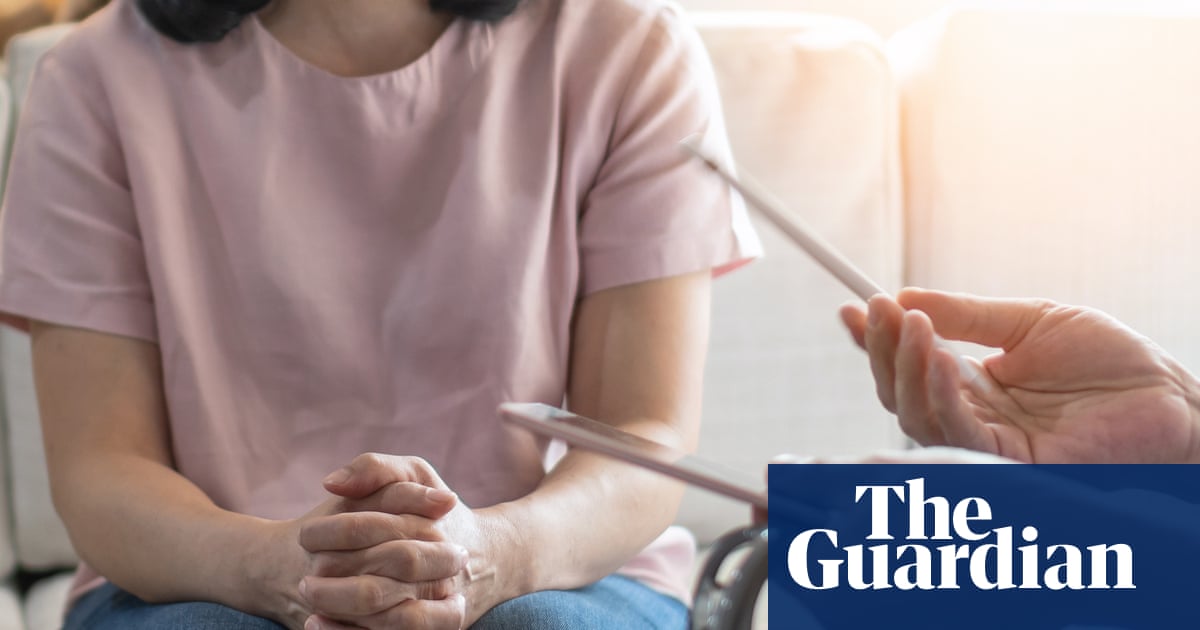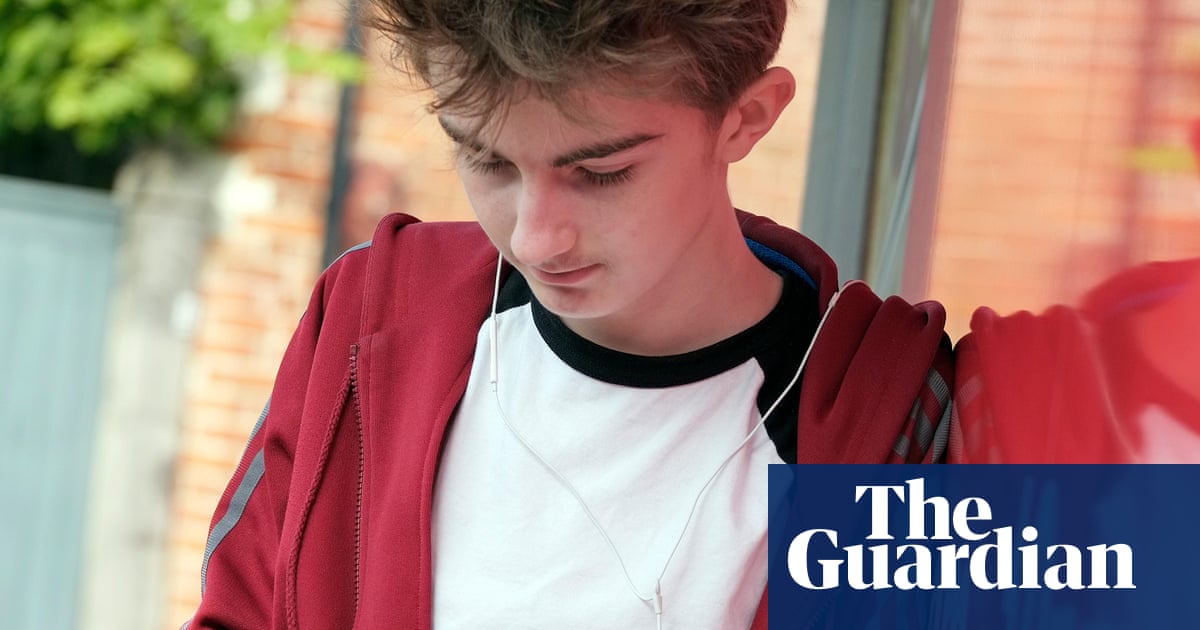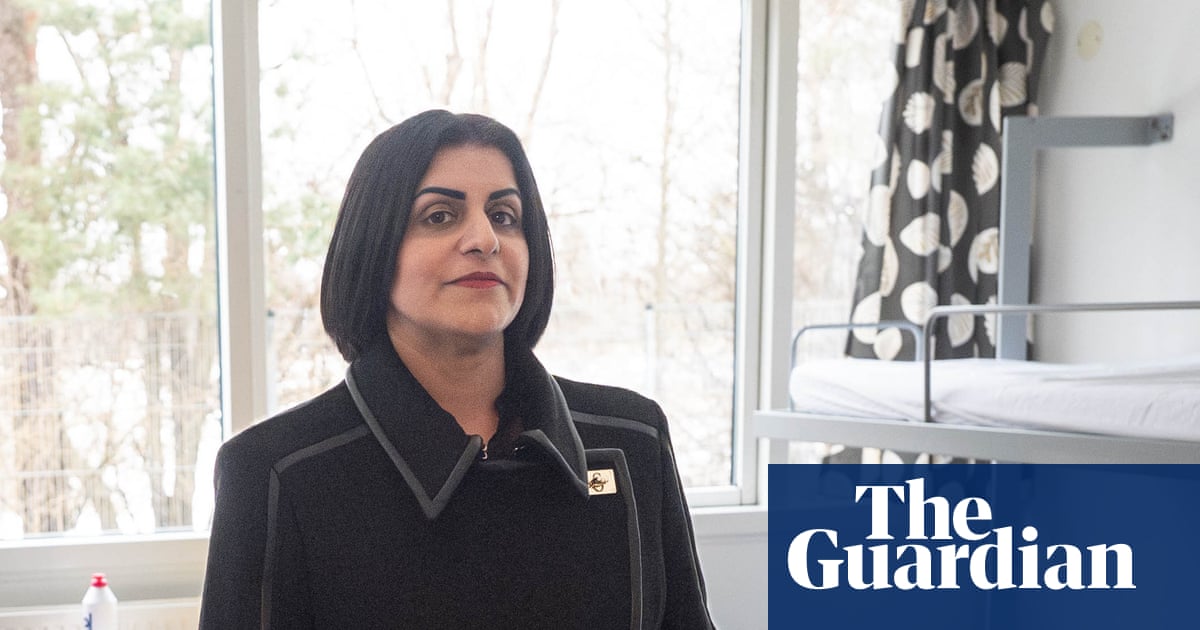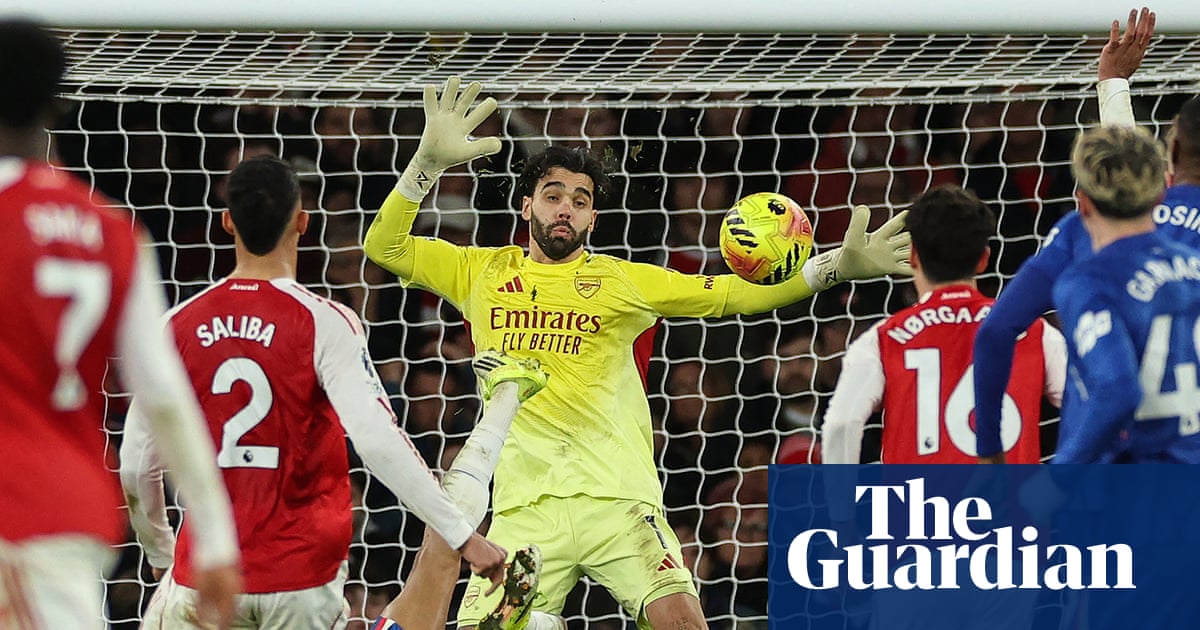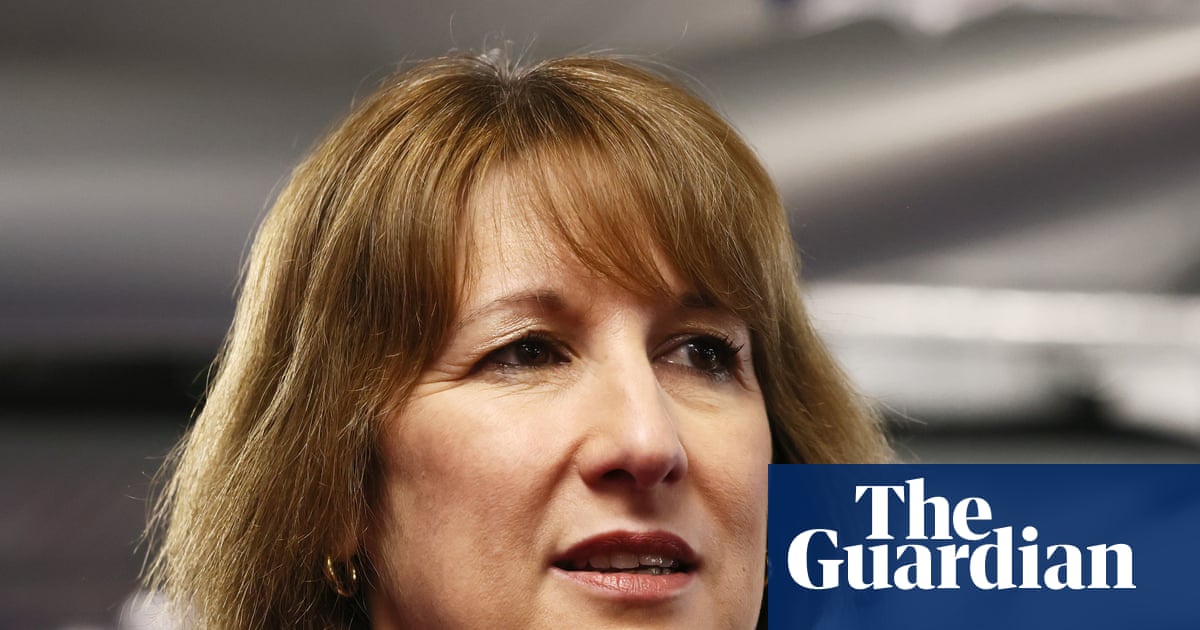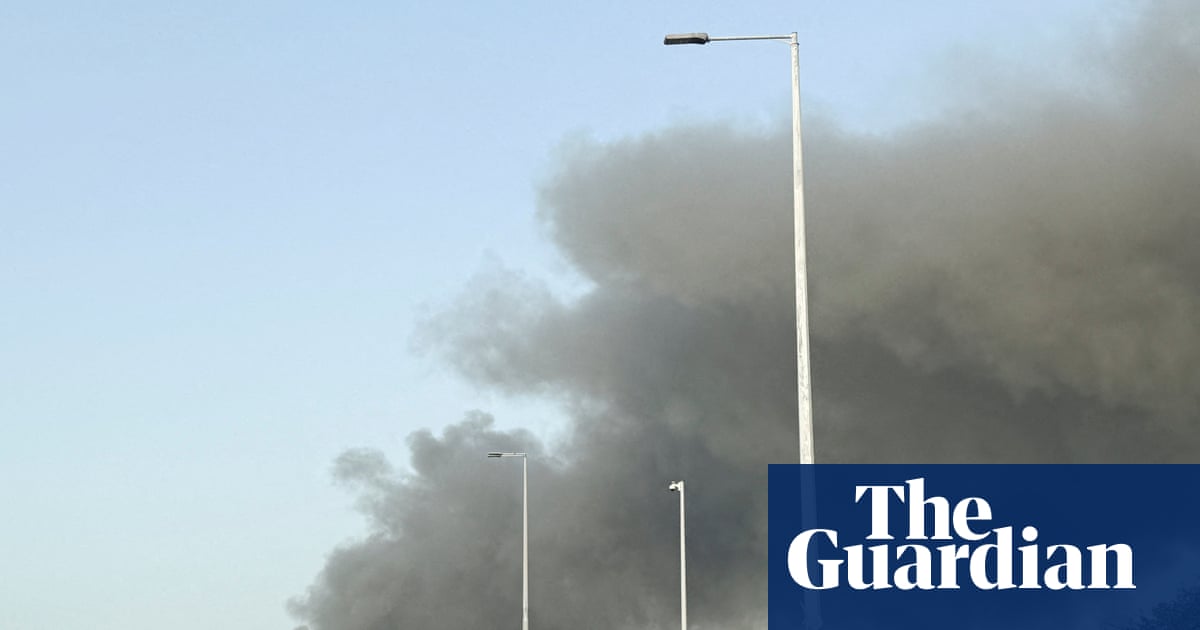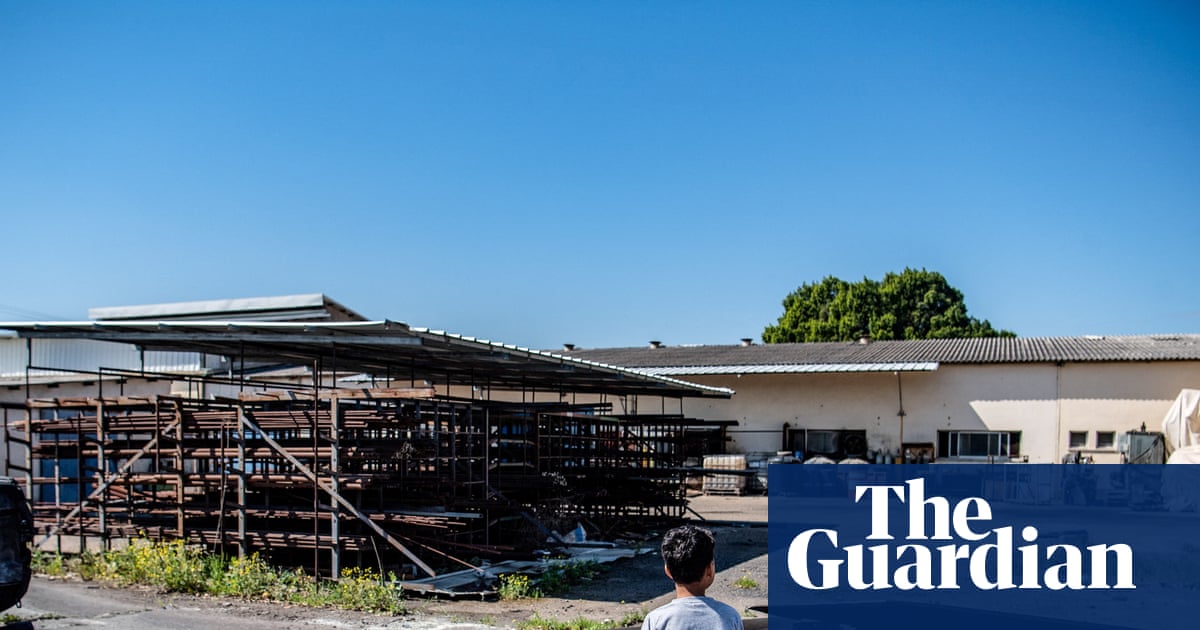When Mia*, 35, walks into my office, she looks composed and ready to start her day fresh with a counselling session. But having seen Mia for almost half a year now, I know she masks the truth behind her polished facade, and I notice the subtle tension in her shoulders that gives it away.
Mia tells me that the night before, she had poured herself “just one glass of wine” to unwind after a long day. One glass became two, then three. It’s a pattern she has grown used to; a quiet ritual that helps her “switch off” from the racing thoughts that flood her mind when the day finally slows down.
Mia’s story reflects what I have been seeing at a growing rate in my practice. As a psychotherapist, I have noticed a striking pattern: an increasing number of Australians who are turning to alcohol to manage their anxiety. According to research, 34.9% of Australian adults who drank alcohol did so to relieve stress and 18.5% to deal with anxiety.
We are living in a time of what psychologists call global distress exposure. Never have we been so constantly reminded of crisis, conflict and instability. Even when we switch off our screens, the worries remain of financial strain, job insecurity, climate fears and the emotional fatigue that comes with feeling so powerless.
For many, a drink at the end of the day becomes a quiet escape. Yet while alcohol may seem to offer short-term relief, it can worsen anxiety over time, disrupting sleep, heightening physiological stress and eroding emotional resilience. Research shows that people experiencing anxiety are significantly more likely to drink at risky levels and that the relationship between the two often becomes cyclical: anxiety fuels drinking and drinking fuels anxiety.
Left unchecked, anxiety can do more than cause worry. It can disrupt relationships, affect sleep and lead to harmful coping behaviours such as substance use or compulsive online habits. Early awareness is crucial. That’s why it’s important to take a moment to reflect on one’s own anxiety and recognise the signs before they become overwhelming.
One of the online anxiety self-assessments available can help people identify how their worries might be affecting their wellbeing. It’s not a diagnosis but a first step: a quiet space to check in with yourself, understand what’s happening beneath the surface and consider whether extra support could help. Sometimes that self-reflection is the beginning of real change.
The truth is, we can’t turn off the world’s crises. But we can learn to listen to what our minds and bodies are telling us when the noise becomes too much. Anxiety, in its own way, is a signal that something within us needs care. Understanding it is the first step to easing it.
In an age of endless updates, perhaps the most radical act of self-preservation is this: pause, breathe and take stock of your own state of mind. If the world feels overwhelming, don’t face it alone; seek support, talk to someone or take that small step of self-assessment. Sometimes, that pause can be the beginning of feeling safe again.
*All clients discussed are fictional amalgams
Diane Young is a trauma specialist and psychotherapist at South Pacific Private, a trauma, addiction and mental health treatment centre

.png) 3 months ago
66
3 months ago
66


